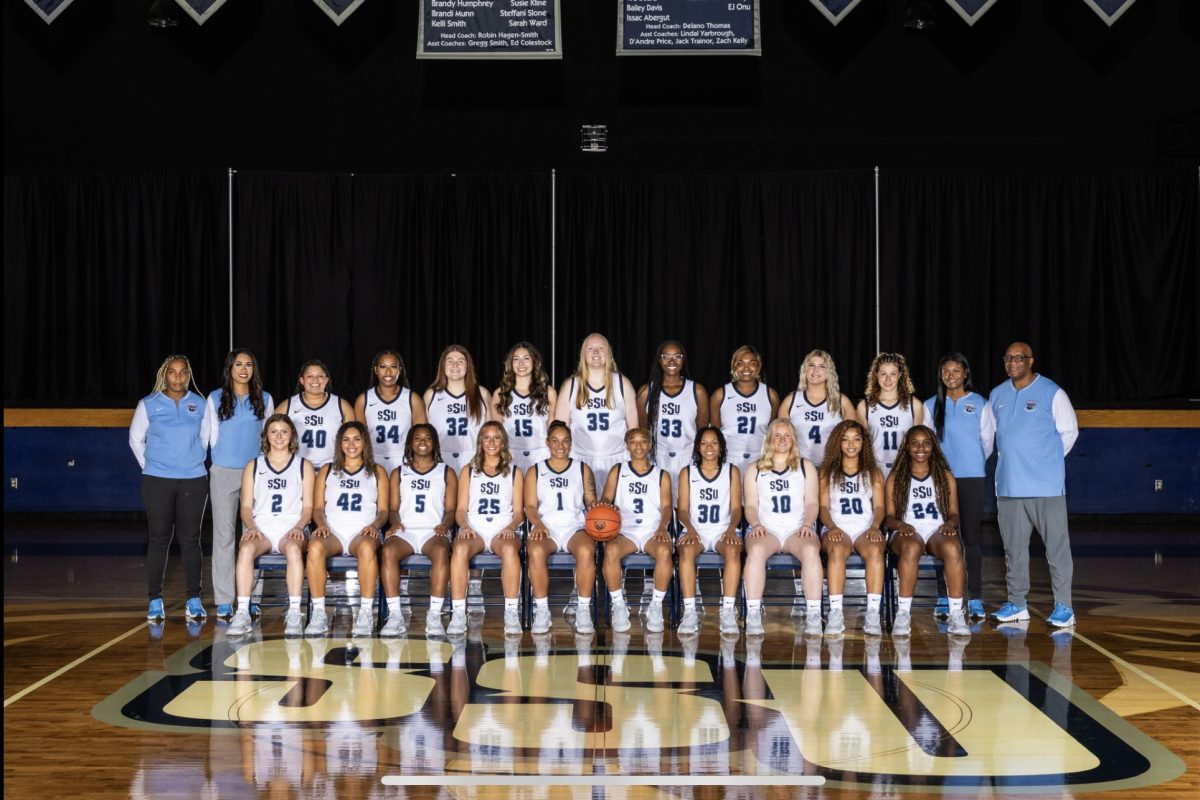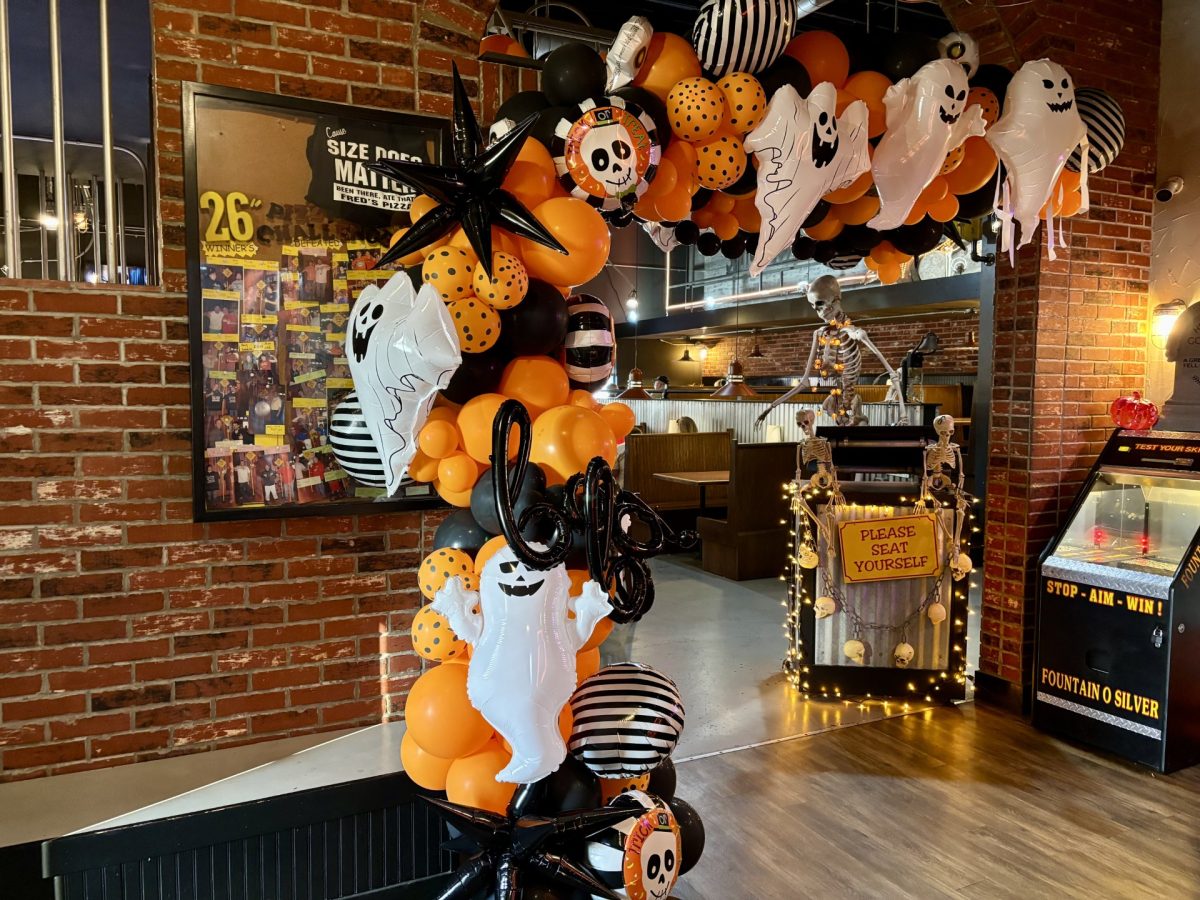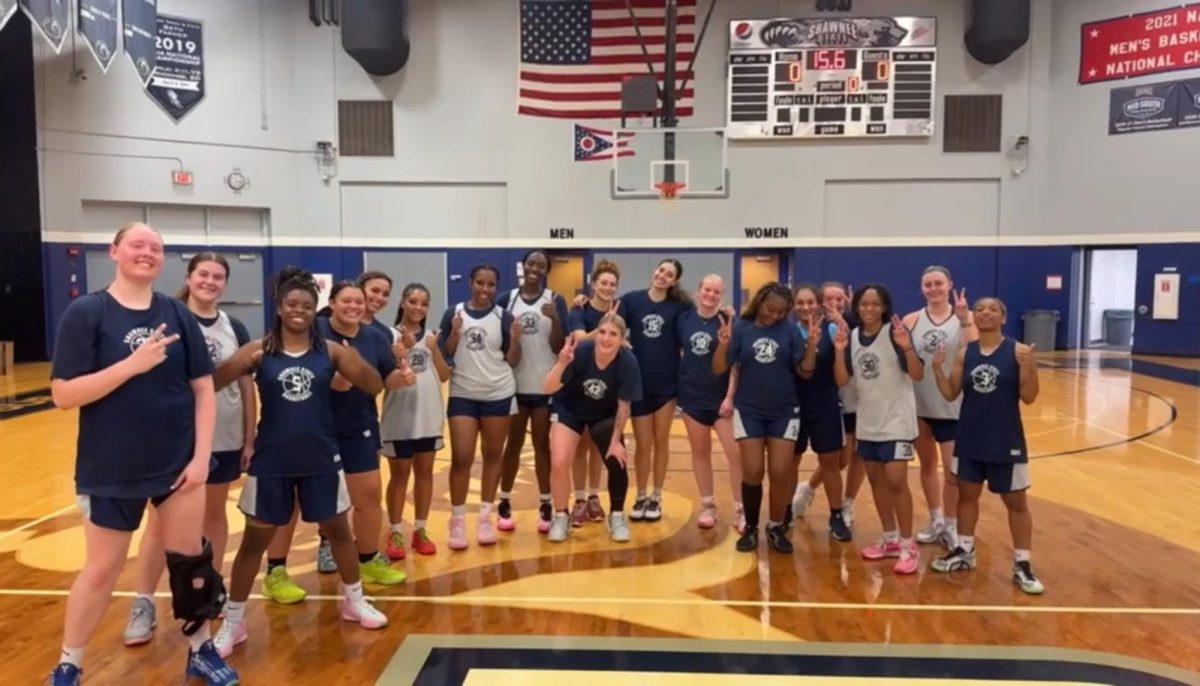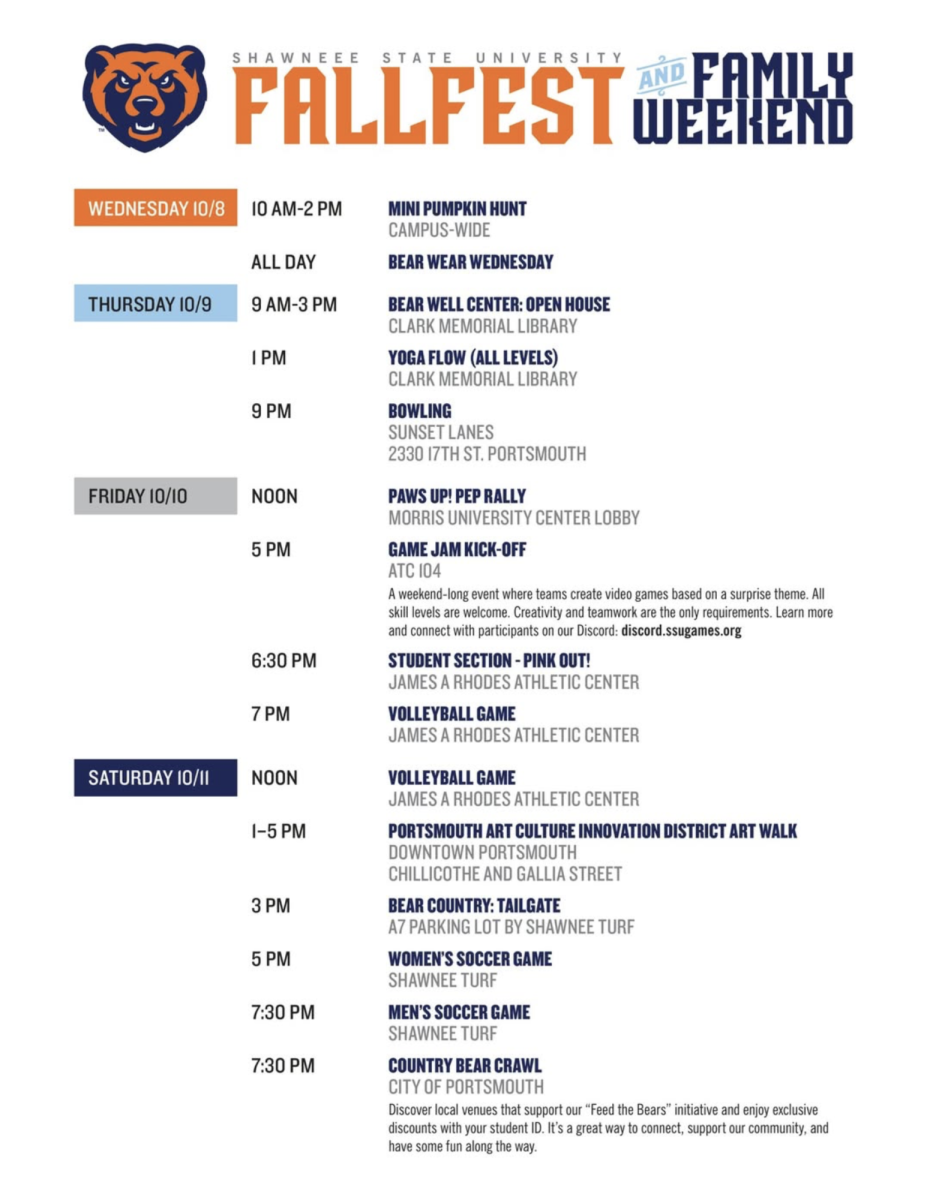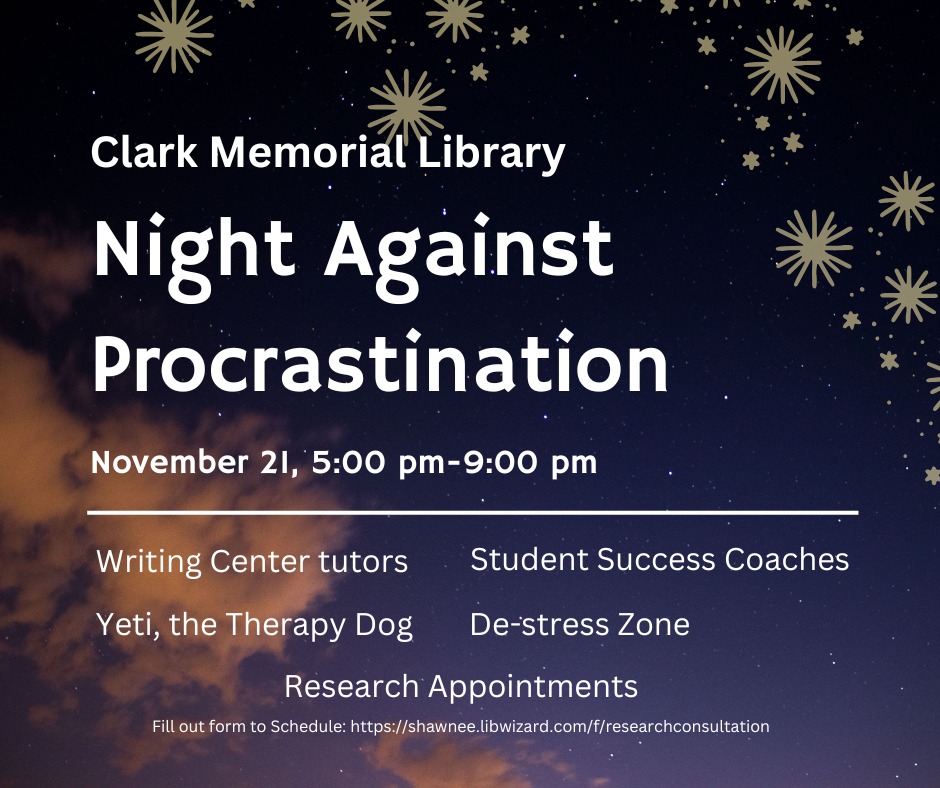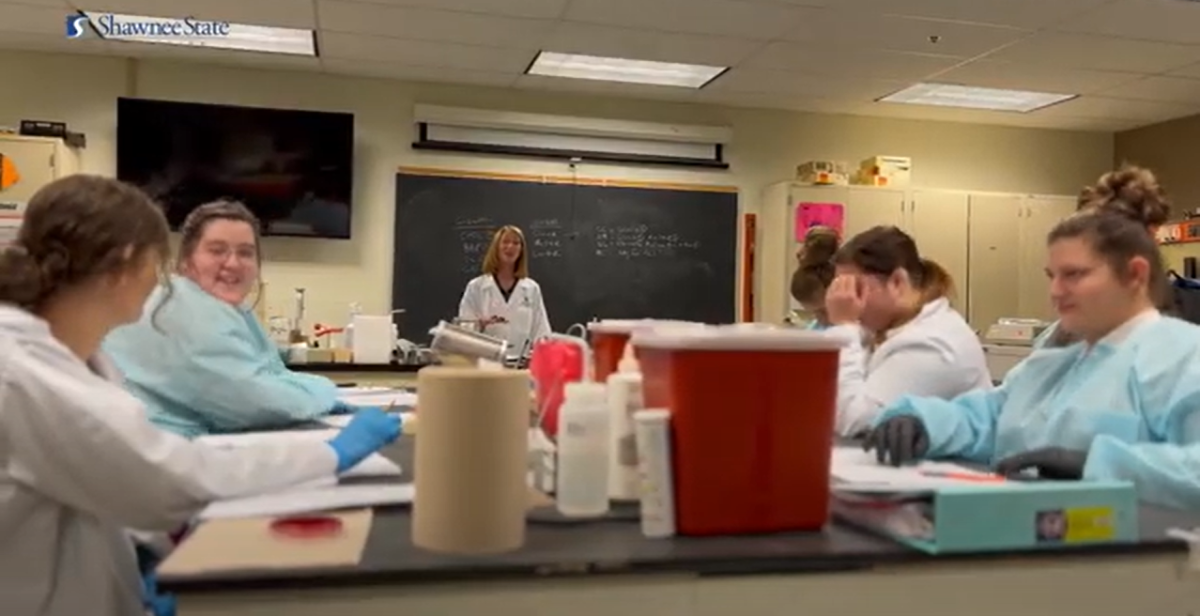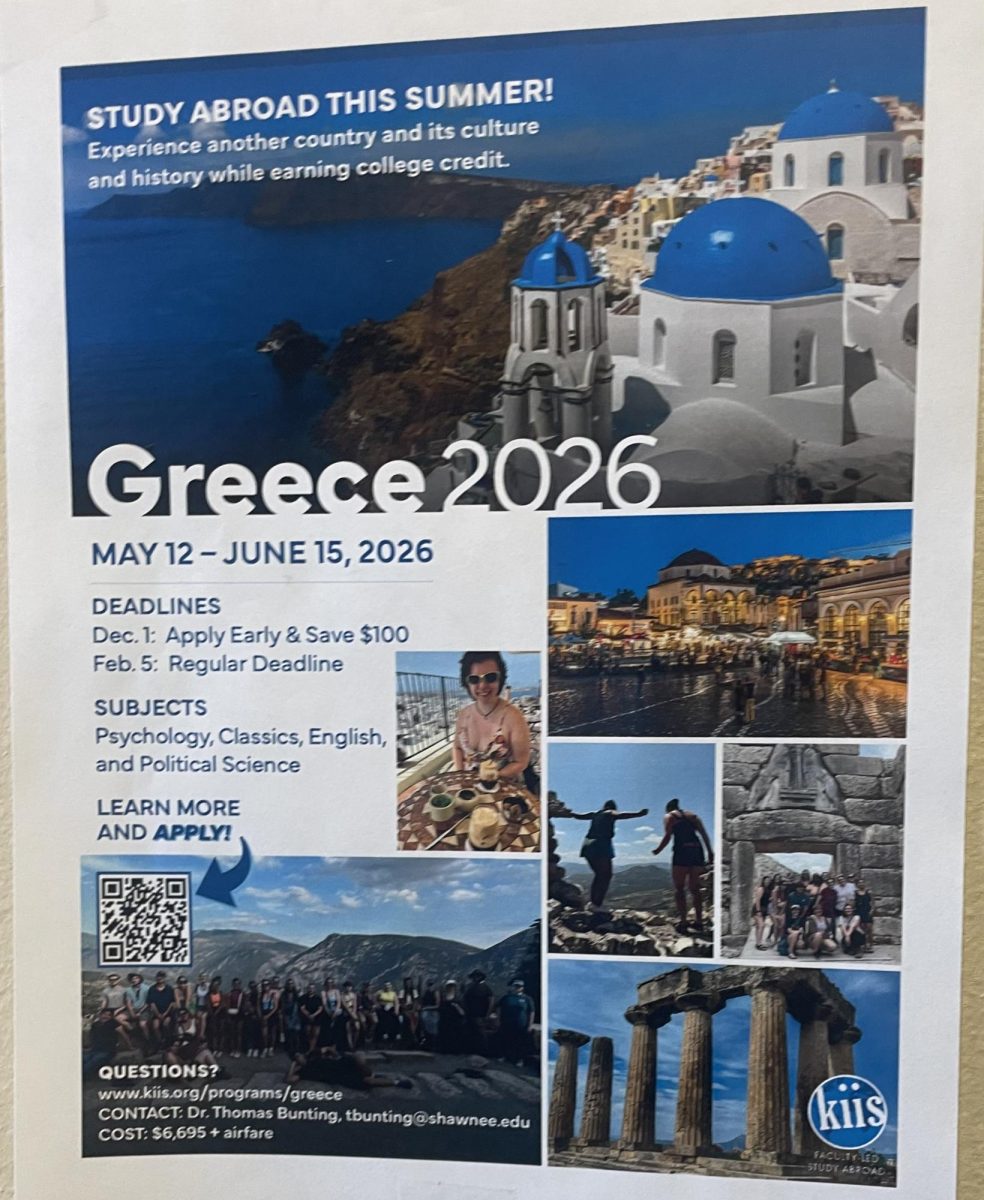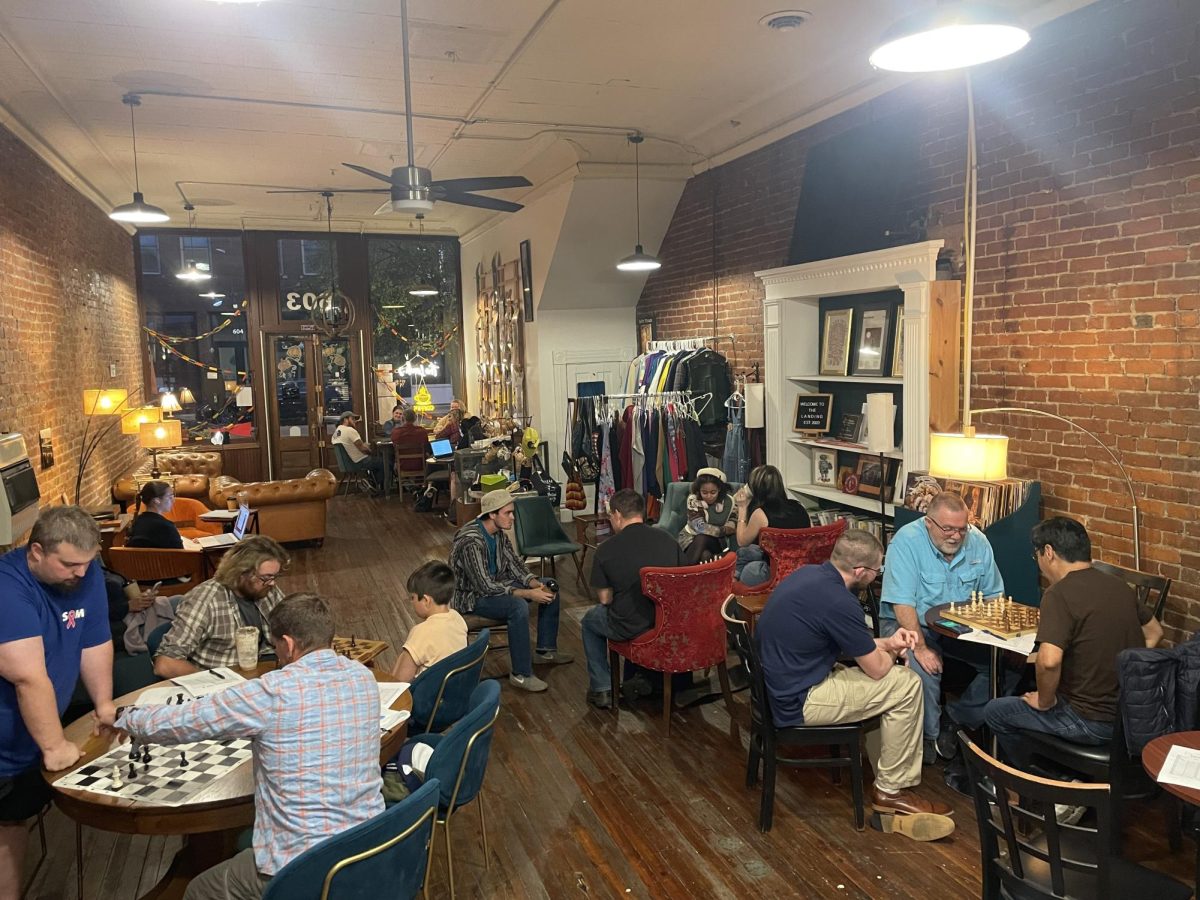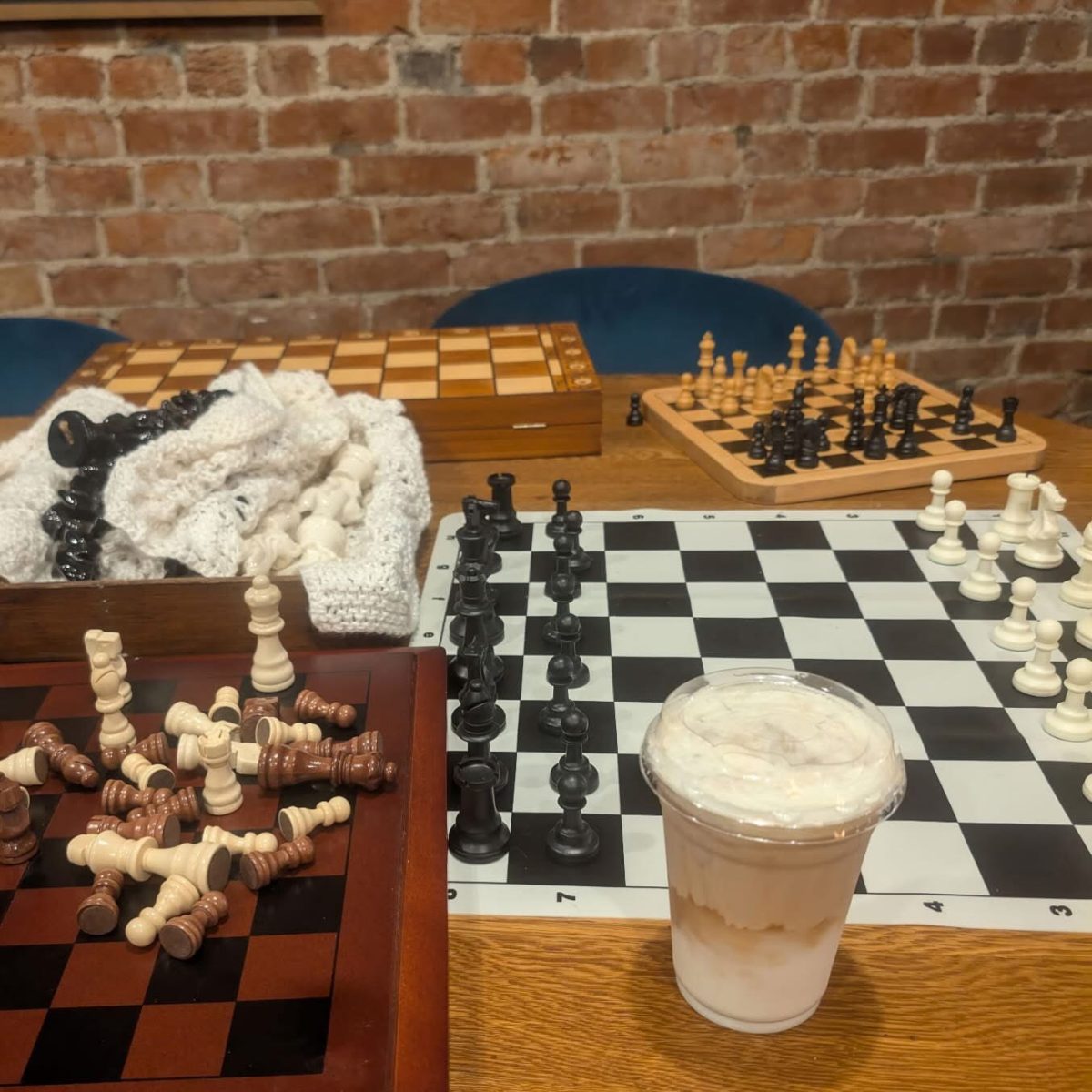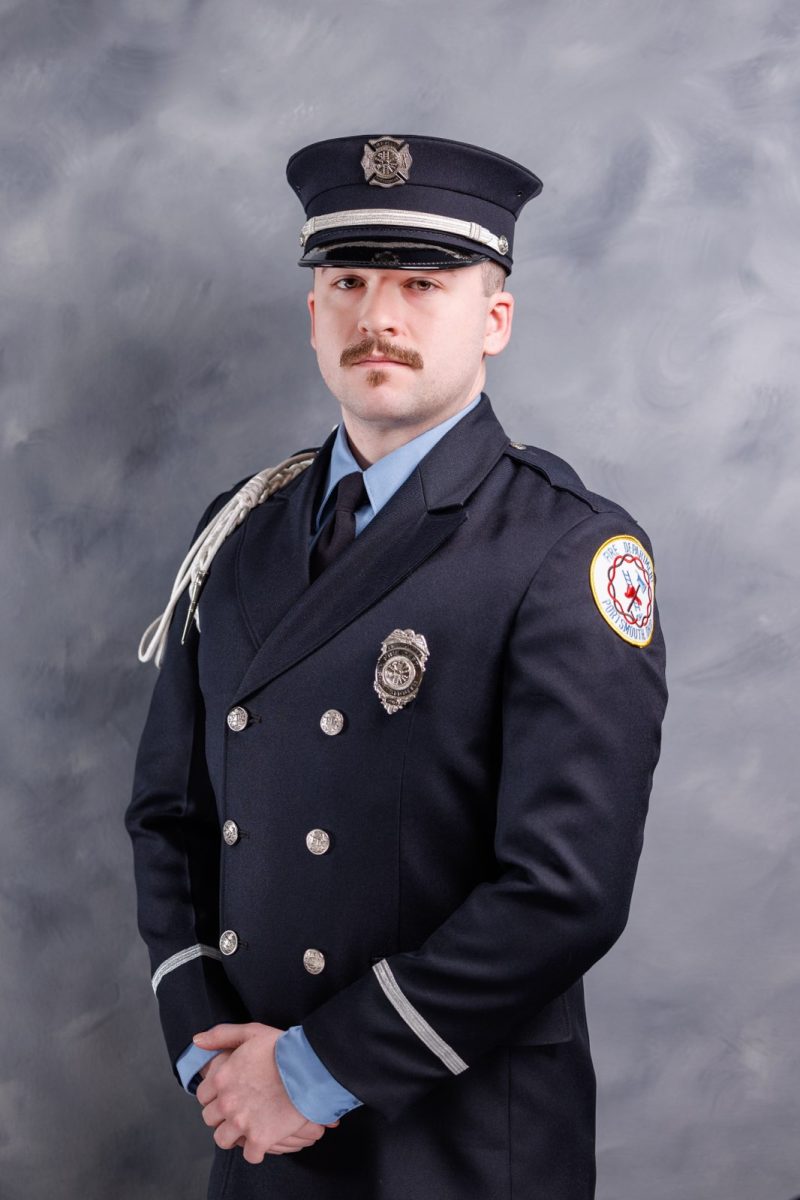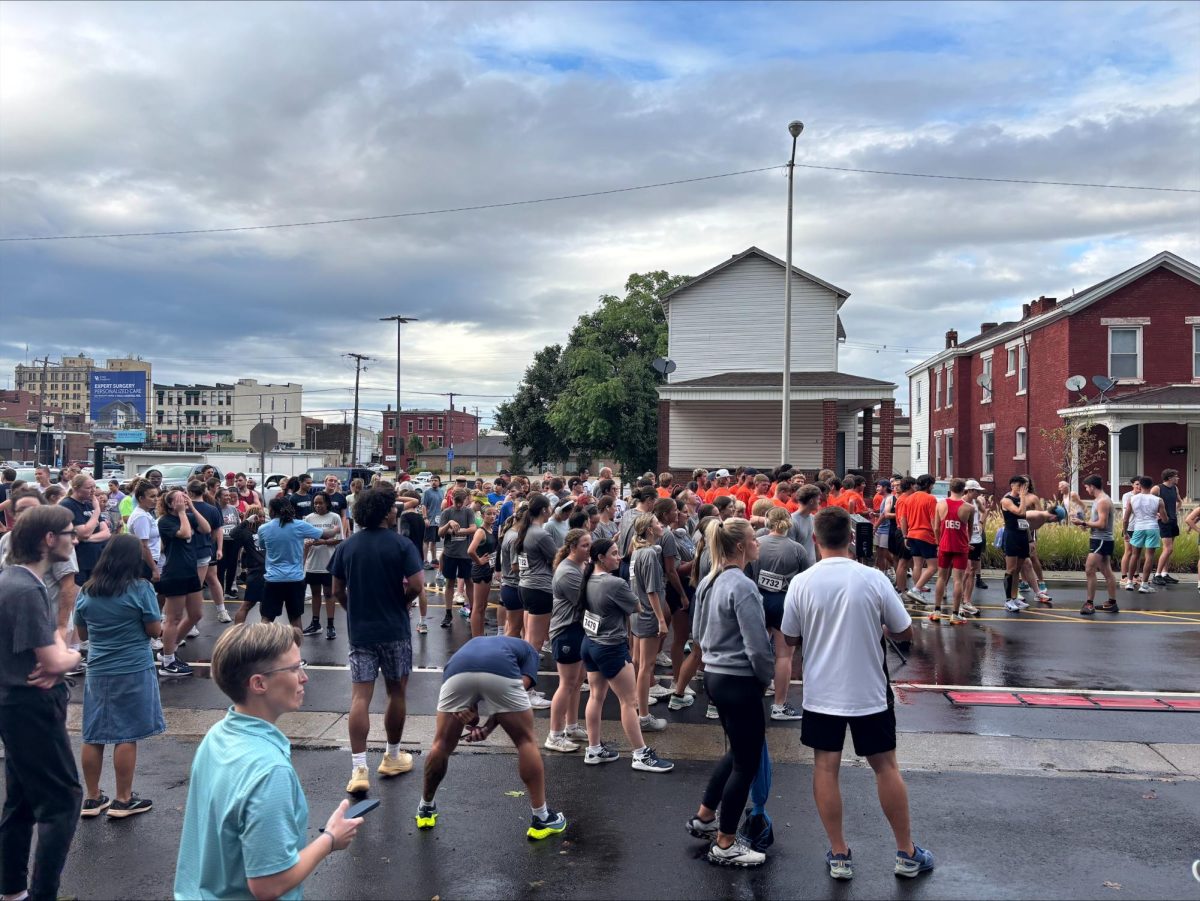Bremerton, Washington, was nestled snuggly at the edge of the Kitsap Peninsula, encased by the frigid waters of the Sinclair inlet and the Strait of Port Orchard. Historic buildings crafted with classic red brick lined the streets that led to the marina, where the decommissioned USS Turner Joy silently watched over its newer, more commercialized brethren. The snow-capped top of Mount Olympus loomed in the west with its lush evergreen forests and general lack of Greek deities, while the rainy city of Seattle peered over from across the Puget Sound. Ian Hillman was leaving it all behind. The 9-year-old boy was moving from one coast to the other, trading the west for the east, and Virginia was his final destination. The trip took nearly five days, its monotony intermittently broken by stops at gas stations, motels and rest areas.
Williamsburg, Virginia, is yet another city steeped in history, once holding the title of capital in the Virginia Colony in the 1700s, and it was Ian’s new home for a time. Despite being across the country, nearly 3,000 miles away from where he grew up, this new place couldn’t be much different. After all, it was still within the same country. However, culture doesn’t move the same way a 9-year-old does and isn’t nearly as simple-minded. Culture enjoys like-minded company, sparing seats at its dinner table for those who partake in its preferred meals and shuns those who may prefer turkey gravy over brown. As Ian approached this table, he learned that church and Christianity were the preferred meal of choice. Of course, Ian was aware of Christianity. Washington was, after all, 61% Christian. But attending church every Sunday was not a weekly ritual for his family. This difference painted Ian as an outlier and a stranger, but the children of the Old Dominion were not nearly old enough to care about one’s religious practices. As one hurdle was avoided, and adaptation began to cement itself within Ian, Williamsburg became a fading view that was soon replaced by bogs and bayous.
Louisiana, much like Virginia, was a part of the Bible Belt. The start of the week in school typically began with children reminiscing about their weekend activities, regaling their classmates about their weekends filled with hymns and white-haired pastors. When it eventually was Ian’s turn to share which book his church was studying, he came up empty-handed. The children’s eyes shifted from shining with curiosity to piercing glares of poorly hidden animosity. Ian once again had a target painted upon his back, and unlike his experience in Virginia, these kids were old enough to hit their shots. One week, Ian opened the doors to the cafeteria, and the robust scent of chili wafted through the air. He grabbed his tray and made his way along the line of other children anxiously awaiting their meal. Once he claimed his portion, he made his way to one of the various symmetrical rows of rectangular tables and sat down, the aroma of tender chunks of beef, tangy tomato, and earthy sweet beans rising from the bowl. And in that moment, a precisely lobbed fruit found its way into his bowl, and the chili found its home upon his face and clothing. “Bible Burner!” he heard as he wiped beans and meat from his face. Normally, this kind of insult would be hurled towards one who, perhaps, found their kicks in using the holy word as kindling in their hearth. Ian wasn’t one such individual, but that mattered little to the apple-tossing kids. While friends would eventually make their way into his life, Ian would have to say goodbye to them and whatever normalcy he had garnered as he would soon trade bogs and bayous for sand and highrises.
The hulking mass of the plane the Hillmans were flying in jolted as its wheels made contact with the molten pavement of the airport runway. Ian, now 12, peaked over the window to see where he arrived. Embedded within a sea of sand was the air traffic control tower. Its shape was much different from the ones he saw back in the United States. It was oddly curved like a giant had lost a boomerang that he had thrown. As the door of the plane opened, Ian, raised his hands in front of his eyes as he attempted to adjust to the flare of light being emitted by the desert sun. He arrived in Abu Dhabi, the capital of the United Arab Emirates. While the sun was nearly blinding, the heat was like a heavy-weight boxer delivering a knockout blow directly to his face. As his shoes began to silently cry out at the heat of the pavement, he and his family made their way to the main area of the airport. Almost instantly, the sounds of various languages of unknown origins flooded the tween’s ears. But, instead of a cacophony of noise that the mind would attempt to decipher and fail at, Ian found it tranquil. If he didn’t understand the language, he didn’t need to pay attention to anybody who wasn’t directly speaking to him. Consequently, this fact also began to ring a bell in his head that he, as a white boy from America, was now the minority.
Adjusting to this new country was, at first, difficult. He didn’t speak the language, didn’t look like the other kids around him, and couldn’t go to school yet. Most of the day was spent inside his room, counting the days go by. That was when his mother bought him the leather jacket he had his eye on. It was a bit ridiculous, wearing a leather jacket in a country that averaged around 100 degrees on a cold day, and he knew that, but it was the one thing that managed to get him out of the house. As he began to branch out and find his place within his new home once again, the peculiar realization emerged that where he was from gave him benefits as well as drawbacks.
Many of the cultural norms practiced in the West are vastly different from those found in the Middle East. In the States, for example, seeing a couple holding hands as they walk down the street or kissing goodbye is a common sight. In the UAE, however, these mundane and innocuous acts of affection are illegal in public and can even land a couple in jail. As Ian entered high school, he found himself a girlfriend, and one day, as they were volunteering for a school project, they took a break and shared a kiss in a private place. As they returned to work, Ian noticed the school principal was walking towards them, and in that instant, his stomach dropped as he fully understood why. They had been spotted on the school’s surveillance footage, and while it wasn’t in public view, it was still against the rules. But, while nerves began to tighten and anxiety began to build up, Ian remembered he had been in situations like this before, and those feelings began to fade. Being an American, and a white American at that, meant that leverage was in Ian’s favor. As soon as you flashed the blue book with the golden eagle with the words “United States of America” under it, there was many a situation that could be slipped out of, even ones that have to do with law enforcement. While that book did afford some leeway for Ian, it did not extend to his girlfriend, who was Pakistani. If word spread that she was involved in something like this, then it was a real possibility that she and her family would be deported. But, as it had before, his status had protected them both.
Abu Dhabi quickly became the place that Ian saw as his future. Living in a state for months or close to a year doesn’t afford someone, especially a child, the time to create strong, meaningful connections with people around them; Five years does. Ian was engaged to his girlfriend at the time, building friendships and planning a future within the sandy metropolis. He was set up within the International Baccalaureate program. Once he graduated, he would have the opportunity to choose whatever college or university he wished to study at across the globe. For once, It felt like this was the place he would finally call home. This was where he would make his life. But, as fate had done many times before, the smattering of life he managed to build was tossed aside, and Ian was left with yet another place that would fail to become his home sweet home. Leaving behind Washington for Virginia, Virginia for Louisiana, and then Louisiana for Abu Dhabi hadn’t left too deep of wounds, but leaving his sandy paradise left a resounding hole of depression and anger.
Ian was 17 years old when he left his would-be home and arrived at the quaint village of Lea, Herefordshire, in England. It was a demonstrably small village, home to only 700 people. It lay southeast of the market town of Ross-on-Wye and only had a view of buildings, mainly the school, church, village hall, a few shops and the Crown Inn. The village was also as ancient as it was small. The church, one of the largest buildings in the village, was restored in the year 1854, to paint a clear picture. Even larger still was the new house that Ian and his family were living in. It was the largest house in the village, so much so that it was considered a castle at the time. It rested upon a hill that overlooked the village. While the allure of living in a castle would entice some, it was nothing but a barrier that further prevented the potential bonds that Ian hoped to recreate within the lonely village. He was also the only American living within the village at the time, and unlike in Abu Dhabi, where it was a boon, it seemed to only be a curse in Lea. But this did not deter him.
The first night he arrived in the village, he went down to the Crown Inn and into the pub. He had gotten rather proficient in making new acquaintances over the years. Upon entering the backyard of the establishment, with the moon casting its silvery hue on the patio, he stumbled upon a man who was not quite tall but not quite short. He was as thin as a leaf that had been sandwiched between two rocks, and his long chestnut-colored hair fell to his shoulders despite it refusing to grow on the top. His eyes screamed severe lack of sleep, which was exacerbated by his refusal to wear his prescription eyeglasses that sat in his pocket. He was rolling a joint, so that was Ian’s cue to introduce himself. The man’s name was Mark, and he had lived in the lea his whole life. As they began to develop a friendship, Mark eventually landed Ian some work at the local pub. This wasn’t without its struggles. Being the Yankee that lived in the castle on the hill, many of the locals were less than enthused about a job opening going to a foreigner. Often, as he would work behind the bar, patrons of the establishment would scoff or talk aloud about how distasteful it was that an American was working there, and some would often refuse to be served by him. It never took much toll on the young man, but eventually, despite his exemplary performance, he would lose his job due to the outcry of the locals. Two years later, an adult Ian would return to his country of origin, the United States.
He arrived at the airport, ready to board his flight to the U.S., when he took out a note that his mother wrote to him. Having grown up in so many places, his mom was one of the constants in his life. Despite all the hardships that manifested themselves, she had the power to dispel them. Saying goodbye to her and knowing that it would be a long time before he would see her again, tears began to well up as he took his seat, and by the time the plane took off, the dam broke. However, years had gone by, and Ian began to think about how he was never given a chance to do what he wanted. Every choice that was ever made was made for him. He remembered that he had always wanted to go back to school but decided that it wasn’t in the hand he was dealt in life. It wasn’t the path that life would choose for him. That was until his mother told him of her enrollment at a university in Portsmouth, Ohio, named Shawnee State. After some time chatting about it, his mother suggested that he join her in her academic journey. At first, Ian refused. It hadn’t worked out before, so why would it now? But, after many a conversation, Ian was convinced to attend Shawnee and is now in his fourth year currently studying communications, with aspirations to become a corporate attorney. After traveling the world for his entire life, Ian could finally choose his own path.
